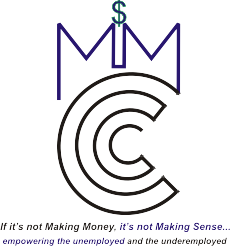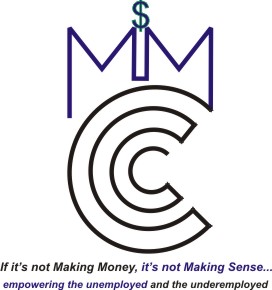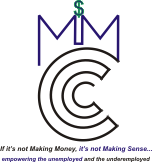Health insurance, while an essential component of a secure life, often feels like a labyrinthine system to most. This comprehensive guide intends to make it more accessible and manageable. With a strong emphasis on quality content and up-to-date information, the article aims to unpack the complexities of health insurance.
The Importance of Health Insurance in Today’s World
Health insurance goes beyond mere policy—it’s a financial buffer against unforeseen health conditions, giving access to necessary healthcare services without causing economic hardship. To better appreciate health insurance, let’s dive into the primary types available, their characteristics, and advantages.
Types of Health Insurance
There are multiple health insurance types, each catering to distinct needs. The main ones encompass employer-sponsored insurance, individual market insurance, and government insurance programs.
Employer-Sponsored Health Insurance
A significant proportion of Americans get their health insurance coverage through their employers. In this arrangement, both the employer and the employee contribute to the insurance premium, making it a cost-effective option for many.
Individual Market Health Insurance
This insurance type provides a solution for those who are self-employed or work for companies that do not offer health insurance. You can buy these plans from an insurance company, a broker, or the Health Insurance Marketplace.
Government-Provided Health Insurance
Programs like Medicare and Medicaid come under government-provided insurance. While Medicare mainly caters to people over 65, irrespective of their income, Medicaid aims to help individuals and families with limited resources.
Understanding the Nuts and Bolts of Health Insurance
To utilize health insurance optimally, understanding its core components is critical. These include premiums, deductibles, copayments, coinsurance, and provider networks.
Premiums, Deductibles, and Out-of-pocket Maximums
The premium is the amount you pay at regular intervals, usually monthly, to the insurance company. On the other hand, a deductible is the total out-of-pocket expense one must pay annually before their insurance kicks in. Out-of-pocket maximums are limits to the total amount an individual will pay for covered services in a given period, typically a year.
Copayments and Coinsurance
Copayments and coinsurance are two forms of cost-sharing methods between you and your insurer. A copayment is a fixed amount you pay for each covered service, while coinsurance is the percentage of costs you’re responsible for paying.
In-network vs. Out-of-network Providers
Insurance companies partner with a range of doctors, hospitals, and healthcare providers to form an ‘in-network’ provider list. Choosing from this list is usually cheaper. In contrast, out-of-network providers don’t have contracts with the insurer, leading to higher out-of-pocket costs for the insured.
The Art of Choosing the Right Health Insurance Plan
The task of finding the right health insurance plan involves evaluating your unique health needs, financial capabilities, and understanding the limitations of potential coverage options.
Crucial Factors to Consider
Evaluating Your Health Needs
Your personal health status, lifestyle, family health history, and potential medical requirements are critical aspects to reflect upon when considering health insurance.
Understanding Financial Implications
Look beyond just the premium. Evaluate deductibles, copayments, and coinsurance in light of your budget and estimated healthcare needs.
Recognizing Coverage Limitations
Ensure you grasp the extent of services covered under your plan. Each policy will have specific coverage limits and exceptions, which you should understand before making a decision.
Busting Common Health Insurance Myths
Misconceptions can discourage people from investing in a suitable health insurance plan. For instance, the perception that health insurance is unaffordable is common, yet numerous government and employer-provided plans make it accessible. Additionally, the belief that younger or healthier individuals don’t need insurance can lead to financial hardships given the unpredictability of health emergencies.
In Conclusion
The role of health insurance in financial planning and healthcare management cannot be overstated. Understanding its numerous facets may appear challenging, but arming yourself with the right information can simplify the journey and help make decisions that align with your unique needs.
FAQs
What is a health insurance premium? It’s a fixed amount paid regularly to the insurance company to keep your coverage active.
What is the difference between in-network and out-of-network providers? In-network providers have agreed to provide healthcare services at reduced rates negotiated by your insurance company, resulting in lower costs. Conversely, out-of-network providers don’t have these agreements, and thus, their services typically cost more.
What is a health insurance deductible? A deductible is a specific amount you need to pay for healthcare services each year before your insurance begins to cover costs.
Do all employers offer health insurance? Not all, but under the Affordable Care Act, businesses with 50 or more full-time employees must provide health coverage.
What distinguishes copayment from coinsurance? Copayment is a fixed amount you pay each time for a covered service, whereas coinsurance is a percentage of the cost you cover for every service after meeting your deductible.






